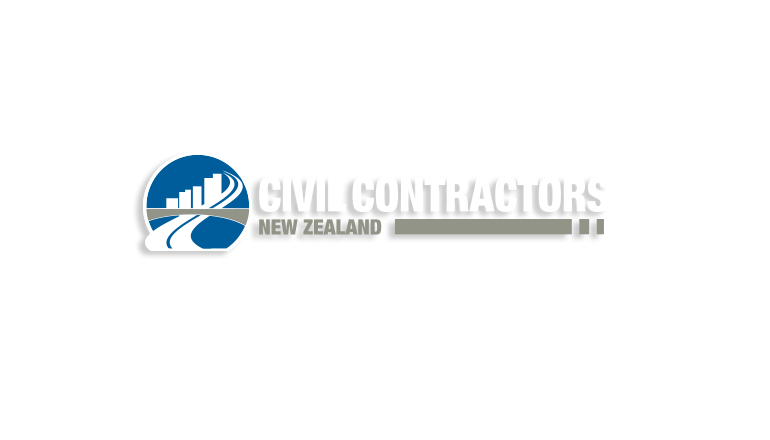MALCOLM ABERNETHY, EXECUTIVE OFFICER, CIVIL CONTRACTORS NZ

AS WITH THE PREQUALIFICATION work that I mentioned in this column last month, there is considerable work and discussion going on around Health and Safety.
Best practice Guides and Approved Codes of Practice are being written by WorkSafe NZ and regulations are being drafted. Indications are that the legislation will be passed this month (May), but will not come into effect until January or February 2016.
For those contractors or businesses operating health and safety systems there may be very little change to what and how they manage these programmes and systems. For others, considerable work will be required to meet the legislative requirements and businesses should start doing that sooner rather than later.
There are many consultants offering assistance with developing systems and ensuring compliance with some using scare tactics. It is my view that meeting the new requirements imposed by the bill is not that onerous especially for those companies operating substantial health and safety management systems.
There are some new terms and new requirements – for example, The Health and Safety Reform Bill introduces the concept of a Person Conducting a Business or Undertaking, known as a PCBU.
PCBUs are in the best position to control risks to workplace health and safety as they are the ones carrying out the business or undertaking. That is why the PCBU will have the primary duty under the new law.
Despite its name, a PCBU will usually be a business entity, such as a company, rather than an individual person. A person might be a PCBU if they are a sole trader or a self-employed person.
The Bill talks about the PCBU’s primary duty of care as far as is reasonably practicable with regards to health and safety at work. A definition of reasonably practicable is provided as ‘meaning what is or was reasonably able to be done at a particular time to ensure health and safety, taking into account and weighing up all relevant matters.’
Because PCBUs have duties to workers affected by their work, not just to those they directly employ or engage, it’s possible for PCBUs to have overlapping duties. This is a fundamental part of the Bill’s design.
The Health and Safety Reform Bill also strengthens worker engagement and participation in work health and safety matters.
The Bill sets out two overarching PCBU duties for involving workers in work health and safety. The PCBU must: (1) Engage, so far as is reasonably practicable, with workers who work for its business or undertaking and are directly affected, or likely to be directly affected, by a health and safety matter of the PCBU, and (2) have effective practices that allow workers who work for its business or undertaking to have an opportunity to participate in improving work health and safety on an ongoing basis. These are known as worker participation practices. Many companies already have a high level of worker participation but the Bill places greater emphasis on this aspect of health and safety management.
A new duty proposed by the Bill is that an officer of a PCBU (such as a director, board member or partner) must exercise due diligence to ensure that the PCBU complies with its duties.
This places a positive duty on people at the governance level of an organisation to actively engage in health and safety matters, reinforcing that health and safety is everyone’s responsibility.
As the Health and Safety reform Bill makes its way through parliament there is a great deal of additional work going on within many organisations outside of WorkSafe NZ.
To address the due diligence requirements of the legislation NZTA is proactively working toward the implementation of many of the new legislative requirements through its Zero Harm group. Civil contractors and many of its members are involved with this group which has essentially replaced the former health and safety committee run by Roading NZ and NZ Contractors’ Federation.
Zero Harm is a two tiered industry group governed by the Industry leaders working in the roading sector. The second tier consists of health and safety managers from the same companies who assist in the development of ‘minimum standards’ when applied to roading construction operations and maintenance.
The governance group was set up as leadership forum primarily as a sign-off of industry direction or finalising key industry policy. It has functioned effectively in this role and there is an ongoing momentum of good tools and guidelines developed by the working group.
Minimum Standards are similar to best practice guides and offer tools that a contractor can work to. To date work has been completed on minimum standards for Health and Safety reporting, Safety in Design and Utility Identification and Protection.
While the work done under the Zero Harm initiative is written for the roading sector the information and processes within the minimum standards are readily transferable to other sectors.
Many other initiatives are proposed to help contractors in achieving minimum standards and addressing the requirements of the new legislation that include training, development of systems and reporting of incidents.
As these initiatives are rolled out Civil Contractors NZ will keep members informed.


Parting words from Jeremy Sole- a final column